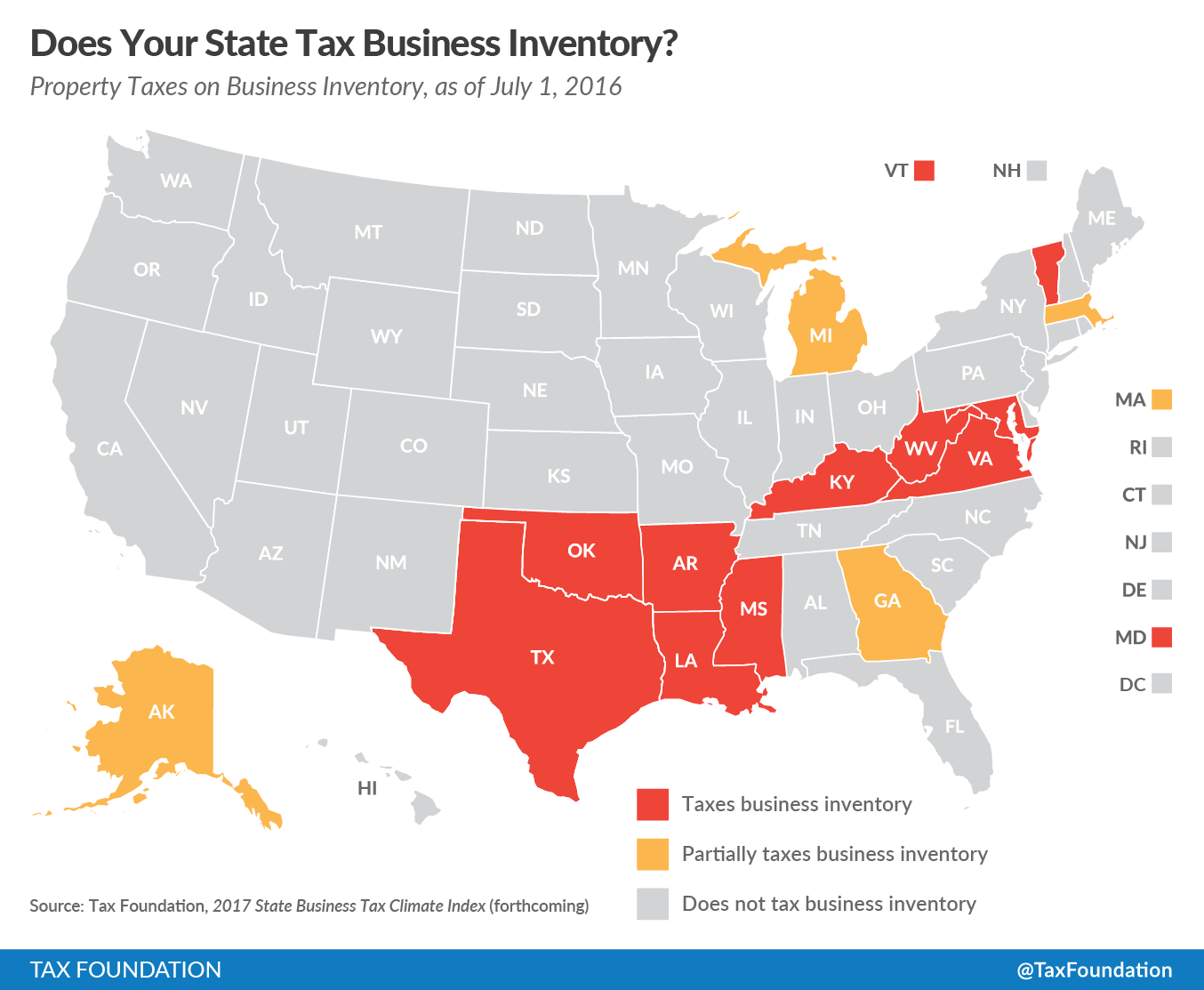Business inventory tax texas – In the realm of taxation, business inventory tax in Texas stands as a crucial obligation for businesses. This comprehensive guide delves into the intricacies of this tax, exploring its definitions, calculations, exemptions, and implications for businesses operating within the Lone Star State.
As you navigate the complexities of business inventory tax in Texas, this guide will serve as your trusted compass, providing clarity and insights to help you fulfill your tax responsibilities accurately and efficiently.
Business Inventory Tax in Texas
The business inventory tax in Texas is a tax imposed on the average value of inventory held by a business during the tax year. The tax is due on May 15th of the following year.
The tax rate is 0.5%. The tax is calculated by multiplying the average value of inventory by the tax rate.
Businesses Subject to the Tax
All businesses in Texas that have inventory with a value of $100,000 or more are subject to the business inventory tax. This includes businesses that sell goods, such as retailers and wholesalers, and businesses that use inventory in the production of goods, such as manufacturers.
Businesses that are exempt from the business inventory tax include:
- Businesses that have inventory with a value of less than $100,000
- Businesses that are exempt from sales tax, such as non-profit organizations and religious organizations
- Businesses that are located in a county that has adopted an inventory tax exemption
Exemptions and Deductions: Business Inventory Tax Texas
The Texas business inventory tax includes exemptions and deductions to reduce the overall tax liability for eligible businesses. These exemptions and deductions can significantly impact the amount of tax owed.
Exemptions are categories of inventory that are not subject to the business inventory tax. Deductions, on the other hand, are expenses that can be subtracted from the total value of taxable inventory.
Exemptions, Business inventory tax texas
The following types of inventory are exempt from the Texas business inventory tax:
- Raw materials and work in progress
- Finished goods held for sale by manufacturers
- Goods held for resale by retailers
- Inventory stored in a public warehouse
- Inventory owned by a non-profit organization
Deductions
The following expenses are deductible from the total value of taxable inventory:
- Freight-in costs
- Storage costs
- Handling costs
- Insurance costs
- Shrinkage costs
Penalties and Interest

Failure to file or pay business inventory tax in Texas on time can result in penalties and interest. Penalties are calculated as a percentage of the unpaid tax, while interest accrues daily from the due date until the tax is paid.
The Texas Comptroller’s Office may also impose additional penalties for failure to file or pay estimated taxes, or for filing a fraudulent return.
Appealing a Penalty or Interest Assessment
Taxpayers who believe they have been incorrectly assessed a penalty or interest can file a protest with the Texas Comptroller’s Office. The protest must be filed within 30 days of the date the notice of assessment was issued. The Comptroller’s Office will review the protest and make a determination on whether to uphold or overturn the assessment.
Common Mistakes Leading to Penalties or Interest
Some common mistakes that can lead to penalties or interest on business inventory tax in Texas include:
- Filing late
- Paying late
- Underpaying taxes
- Failing to file estimated taxes
- Filing a fraudulent return
Reporting and Recordkeeping

Businesses subject to the business inventory tax in Texas must maintain detailed records and file periodic reports. These requirements ensure accurate tax assessment and compliance.
Recordkeeping
Businesses must keep the following records for at least three years:
- Detailed inventory lists, including descriptions, quantities, and values
- Purchase invoices and receipts
- Sales invoices and records
- Tax returns and supporting documentation
Reporting
Businesses must file an annual business inventory tax return by May 15th. The return must include the following information:
- Business name and address
- Taxpayer identification number
- Inventory value as of January 1st
- Amount of tax due
- Supporting documentation, such as inventory lists and tax calculations
Audits and Appeals
The Texas Comptroller’s Office conducts audits to ensure compliance with business inventory tax laws. During an audit, the auditor will review the taxpayer’s records to verify the accuracy of the reported inventory value. Taxpayers have the right to be represented by an attorney or accountant during an audit.
If the auditor finds any discrepancies, they will issue a notice of proposed adjustment (NPA). The taxpayer has the right to protest the NPA and request a hearing.
Appeals
If a taxpayer disagrees with the audit decision, they can file an appeal with the State Office of Administrative Hearings (SOAH). The taxpayer must file the appeal within 30 days of receiving the NPA. The SOAH will hold a hearing to review the case and make a decision.
The taxpayer has the right to be represented by an attorney or accountant at the hearing.
Ultimate Conclusion

In conclusion, business inventory tax in Texas presents a multifaceted landscape for businesses to navigate. Understanding the nuances of this tax, including its calculations, exemptions, and filing requirements, is essential for ensuring compliance and avoiding potential penalties. By leveraging the knowledge imparted in this guide, businesses can confidently manage their inventory tax obligations, optimize their tax positions, and maintain a strong financial footing in the dynamic business environment of Texas.

